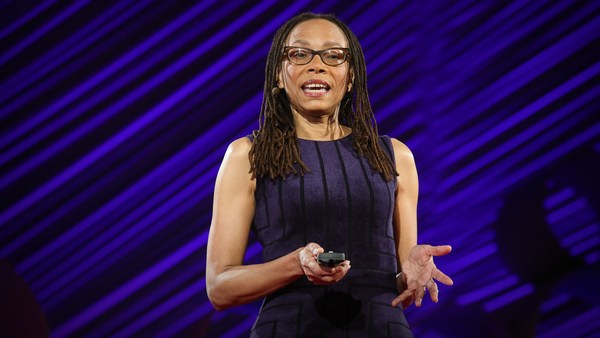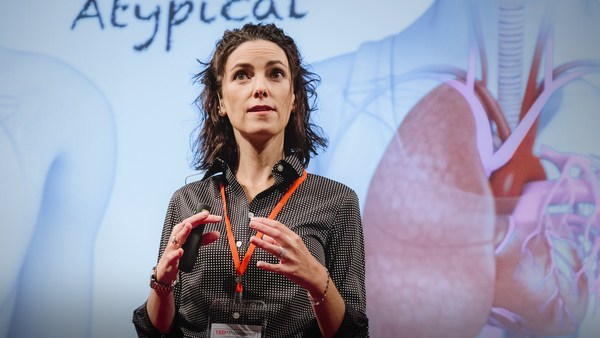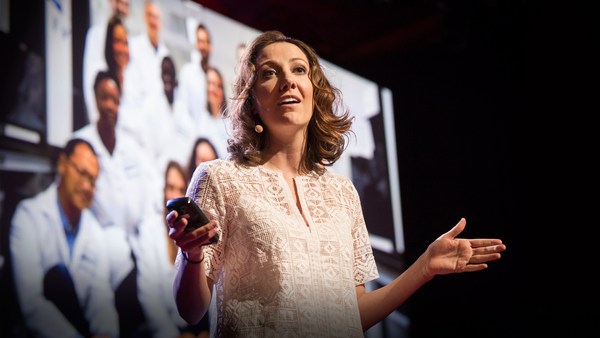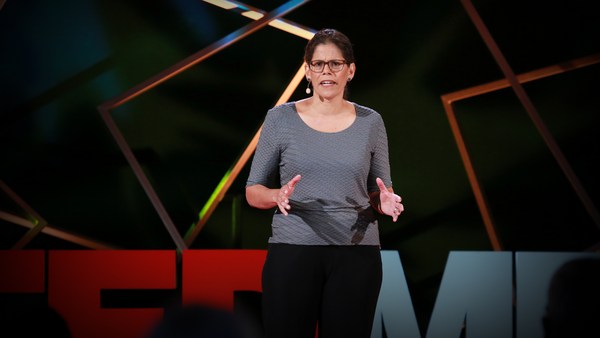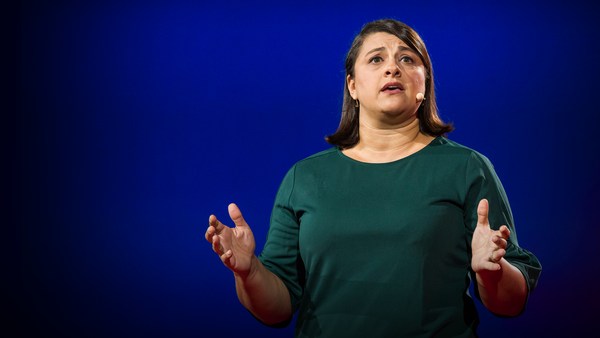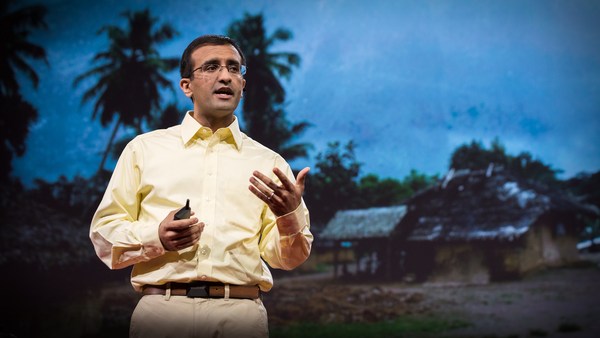When I moved to Harare in 1985, social justice was at the core of Zimbabwe's national health policy. The new government emerged from a long war of independence and immediately proclaimed a socialist agenda: health care services, primary education became essentially free. A massive expansion of rural health centers placed roughly 80 percent of the population less than a two-hour walk from these facilities, a truly remarkable accomplishment. In 1980, the year of independence, 25 percent of Zimbabwean children were fully immunized. By 1990, a mere decade later, this proportion stood at 80 percent.
I felt tremendously privileged to be part of this transformation, a revolution. The excitement, the camaraderie, was palpable. Working side by side with brilliant Zimbabweans -- scientists, doctors, activists -- I felt connected not only to an African independence movement, but to a global progressive public health movement.
But there were daunting challenges. Zimbabwe reported its first AIDS case in 1985, the year I arrived. I had taken care of a few patients with AIDS in the early 1980s, when I did my medical training at Harlem Hospital, but -- we had no idea what lay in store for Africa. Infection rate stood at about two percent in my early days there. These would soar to one out of every four adults by the time I left Harare 17 years later. By the mid-1990s, I'd told hundreds of people in the prime of life that they were HIV-positive. I saw colleagues and friends die, my students, hospital patients, die.
In response, my colleagues and I set up a clinic. We did condom demonstrations. We launched school education and workplace interventions. We did research. We counseled the partners of infected men about how to protect themselves. We worked hard, and at the time, I believed that I was doing my best. I was providing excellent treatment, such as it was. But I was not talking about structural change.
Former UN Secretary Kofi Annan has spoken candidly about his personal failure leading to the Rwandan genocide. In 1994, he was head of the UN peacekeeping department. At a 10-year memorial for the genocide, he reflected, "I believed at the time I was doing my best, but I realized after the genocide that there was more I could and should have done to sound the alarm and rally support."
The AIDS epidemic caught the health community unprepared, and today, when the World Health Organization estimates that 39 million people have lost their lives to this disease, I'm not alone in feeling remorse and regret at not having done more earlier.
But while living in Zimbabwe, I didn't see my role as an advocacy or a political one. I was there for my technical skills, both my clinical and my research epidemiology skills. And in my mind, my job was to take care of patients and to do research to better understand the population patterns of transmission, and I hoped that we'd slow the spread of the virus. I was aware that socially marginalized populations were at disproportionate risk of getting and dying of AIDS. And on the sugar plantations, which really more closely resembled feudal fiefdoms than any modern enterprise, 60 percent of pregnant women tested HIV-positive.
I worked to show how getting infected was not a moral failure but instead related to a culture of male superiority, to forced migrant labor and to colonialism. Whites were largely unscathed.
As health professionals, our tools were pitifully weak: imploring people to change their individual behaviors, use condoms, reduce number of partners. Infection rates climbed, and when treatment became available in the West, treatment that remains our most potent weapon against this virus, it was unaffordable to the public sector across Africa. I didn't speak out about the unequal access to these life-saving drugs or about the underlying economic and political systems that were driving infection rates in such huge swaths of the population. I rationalized my silence by reminding myself that I was a guest in the country, that sounding the alarm could even get me kicked out, keep me from doing good work, taking care of my patients, doing much-needed research. So I didn't speak out about the government's early stance on AIDS. I didn't voice my concerns loudly enough.
Many doctors, health professionals, may think I did nothing wrong. Our pact with our patients, the Hippocratic Oath and its variants, is about the sanctity of the patient-doctor relationship. And I did everything I could for each and every patient of mine.
But I knew that epidemics emerge along the fissures of our society, reflecting not only biology, but more importantly patterns of marginalization, exclusion, discrimination related to race, gender, sexuality, class and more. It was true of AIDS. It was true just recently of Ebola. Medical anthropologists such as Paul Farmer, who worked on AIDS in Haiti, call this structural violence: structural because inequities are embedded in the political and economic organization of our social world, often in ways that are invisible to those with privilege and power; and violence because its impact -- premature deaths, suffering, illness -- is violent. We do little for our patients if we fail to recognize these social injustices. Sounding the alarm is the first step towards doing public health right, and it's how we may rally support to break through and create real change together.
So these days, I'm not staying quiet. I'm speaking up about a lot of things, even when it makes listeners uncomfortable, even when it makes me uncomfortable. And a lot of this is about racial disparities and institutionalized racism, things that we're not supposed to have in this country anymore, certainly not in the practice of medicine or public health. But we have them, and we pay for them in lives cut short. That's why sounding the alarm about the impact of racism on health in the United States, the ongoing institutional and interpersonal violence that people of color face, compounded by our tragic legacy of 250 years of slavery, 90 years of Jim Crow and 60 years of imperfect equality, sounding the alarm about this is central to doing my job right as New York City's Health Commissioner. In New York City, premature mortality -- that's death before the age of 65 -- is 50 percent higher for black men than white ones. A black woman in 2012 faced more than 10 times the risk of dying related to childbirth as a white woman. And though we've made enormous strides in reducing infant mortality rates, a black baby still faces nearly three times the risk of death in its first year of life as compared to a white baby.
New York City's not exceptional. These statistics are paralleled by statistics found across the United States. A recent New York Times analysis reported that there are 1.5 million missing black men across the country. They noted that more than one out of every six black men who today should be between the ages of 25 and 54 years have disappeared from daily life, lost either to prison or premature death. There is great injustice in the daily and disproportionate violence faced by young black men, the focus of recent protests under the banner #BlackLivesMatter. But we have to remember that enduring and disparate rates and the occurrence and outcome of common medical conditions -- heart disease, cancer, diabetes, HIV -- diseases that may kill slowly and quietly and take even more black lives prematurely.
As the #BlackLivesMatter movement unfolded, I felt frustrated and angry that the medical community has been reluctant to even use the word "racism" in our research and our work. You've probably felt something every time I've said it. Our medical students held die-ins in their white coats, but the medical community has largely stood by passively as ongoing discrimination continues to affect the disease profile and mortality. And I worry that the trend towards personalized and precision medicine, looking for biological or genetic targets to better tailor treatment, may inadvertently cause us to lose sight of the big picture, that it is the daily context, where a person lives, grows, works, loves, that most importantly determines population health, and for too many of us, poor health.
As health professionals in our daily work, whether in the clinic or doing research, we are witness to great injustice: the homeless person who is unable to follow medical advice because he has more pressing priorities; the transgender youth who is contemplating suicide because our society is just so harsh; the single mother who has been made to feel that she is responsible for the poor health of her child.
Our role as health professionals is not just to treat our patients but to sound the alarm and advocate for change. Rightfully or not, our societal position gives our voices great credibility, and we shouldn't waste that.
I regret not speaking up in Zimbabwe, and I've promised myself that as New York City's Health Commissioner, I will use every opportunity I have to sound the alarm and rally support for health equity. I will speak out against racism, and I hope you will join me, and I will join you when you speak out against sexism or any other form of inequality. It's time for us to rise up and collectively speak up about structural inequality. We don't have to have all the answers to call for change. We just need courage. The health of our patients, the health of us all, depends on it.
(Applause)
